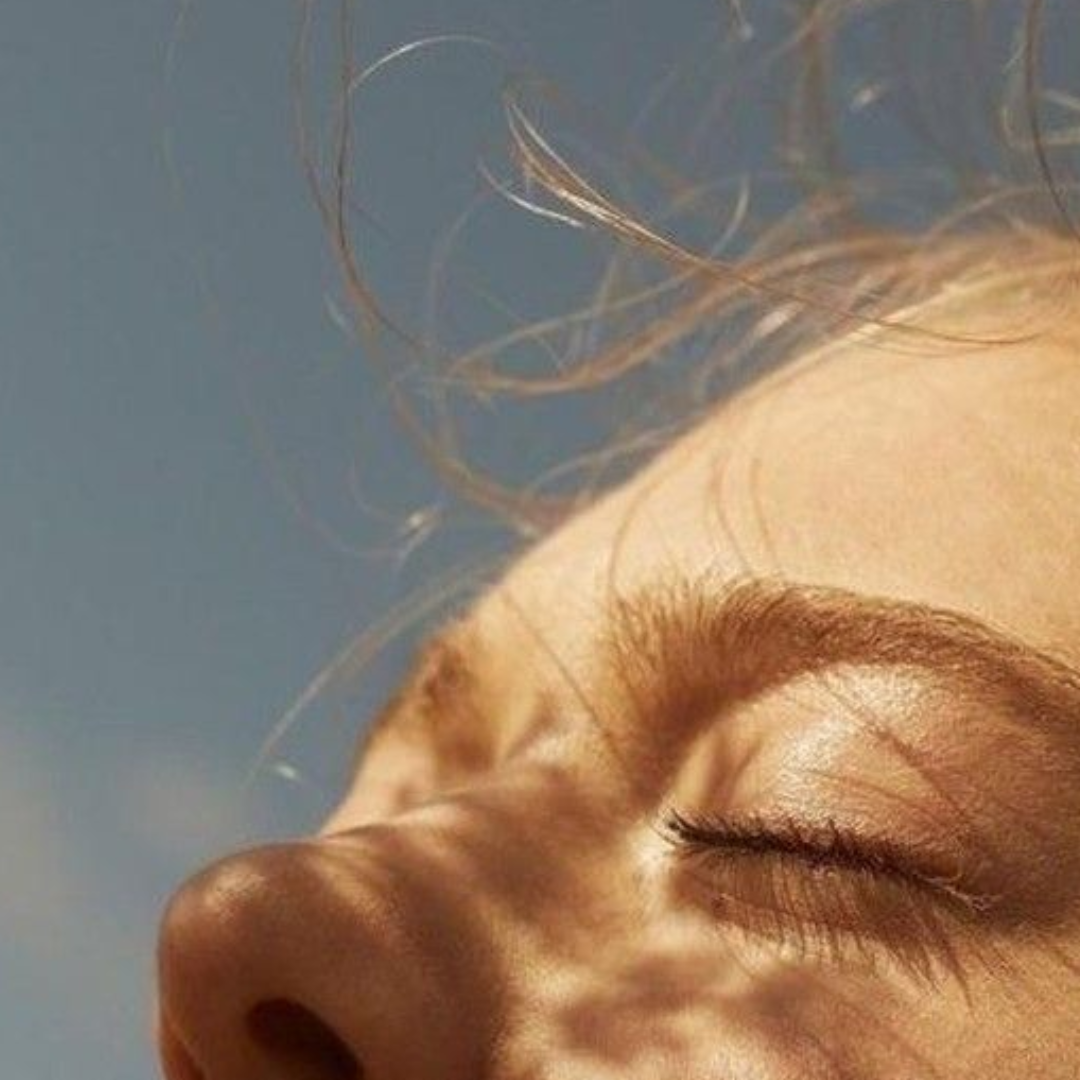
Conventional wisdom: the sun makes acne disappear
Share
Many people believe that exposure to the sun can improveacne. The idea is appealing: after a few days in the sun, skin appears more even, redness less visible and pimples less pronounced. Yet this perception is largely deceptive. While the sun may temporarily dry out certain pimples, it does not act on the root causes ofacne, and may even make the situation worse in the long term.
Acne results mainly from excess sebum, clogged pores and the proliferation of Cutibacterium acnes bacteria. Exposure to the sun does not alter sebum production or the skin's inflammatory response. On the contrary, the sun can cause hyperpigmentation of inflammatory lesions, leaving long-lasting brown spots that are sometimes difficult to treat.
In addition, prolonged exposure to UV rays leads to thickening of the skin, known as keratinization. This reaction can aggravate pore clogging and encourage the formation of new comedones. People using topicalacne treatments, such as retinoids, are particularly sensitive to the irritating effects of the sun. Without appropriate sun protection, the risk of burning, redness and hyperpigmentation is high.
Tanning may give the illusion of a more even complexion and temporarily mask imperfections, but it doesn't treatacne in depth. Instead, dermatologists recommend suitable skin care products, such as gentle cleansers, acid-based chemical exfoliants (like salicylic acid) and sebum-regulating topical treatments. Sun exposure should be limited and protected by a non-comedogenic sunscreen, even for those hoping for a beneficial effect on their skin.
In short, sun exposure is not a cure foracne. It may temporarily mask some pimples, but it poses many risks to the skin, including hyperpigmentation and premature aging. To manageacne effectively, it's essential to adopt a suitable routine, consult a dermatologist if necessary, and protect yourself responsibly from the sun.
